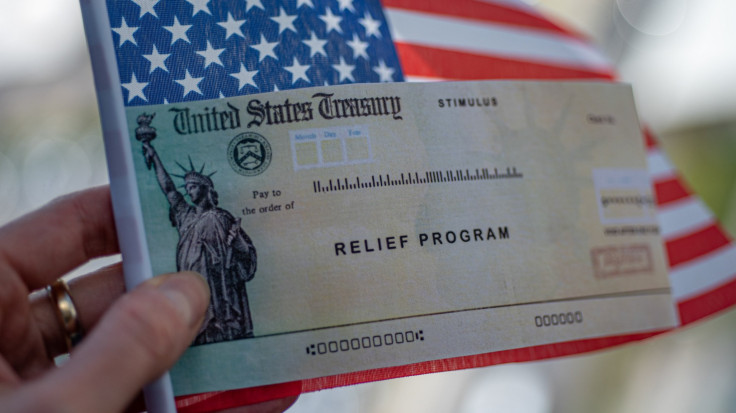Stimulus Check Update: Alleged IRS Text, Call Is '100%' A Scam, Expert Says

KEY POINTS
- The IRS is contacting millions of Americans who are still owed stimulus payments
- A tax attorney warned that the IRS will never send out texts to taxpayers
- Brewer advised people who believe they are owed money by the IRS to look for a letter in their mail
The Internal Revenue Service (IRS) earlier this month announced that they are contacting millions of Americans who are still owed stimulus payments, leading an expert to warn about possible scams.
Since the beginning of the COVID-19 pandemic, the U.S. government has sent out three rounds of stimulus checks to help Americans weather the crisis. While at least 165 million Americans were eligible for the payments, totaling $931 billion, there are still as many as 10 million people who have yet to claim their money, according to a report from the Government Accountability Office.
The IRS is now contacting those eligible to receive the payment they are owed, opening up the chance for scams designed to steal personal and financial information to target these people. However, experts say there are a few telltale signs to watch out for to avoid falling victim to "smishing" scams.
"The IRS will never text you and will rarely, if ever, call you," tax attorney Adam Brewer explained, a The Hill report noted. "If someone texts you claiming to be from the IRS you can be 100% certain it is a scam."
Brewer also advised people who believe they are owed money by the IRS to look for a letter from the agency in their mail or visit the IRS's website at IRS.gov to avoid falling victim to scams.
In September, the IRS said they have "identified and reported thousands of fraudulent domains" tied to text scams that targeted taxpayers. The scams often offered taxpayers fake COVID relief funds and tax credits. Some "smishing" campaigns -- fraudulent calls and texts meant to trick the target to reveal personal information -- also offered help in setting up online IRS accounts.
"This is phishing on an industrial scale so thousands of people can be at risk of receiving these scam messages," IRS Commissioner Chuck Rettig said in the report. "In recent months, the IRS has reported multiple large-scale smishing campaigns that have delivered thousands – and even hundreds of thousands – of IRS-themed messages in hours or a few days, far exceeding previous levels of activity."
The IRS is asking people who received what they believe to be IRS-themed scams to file a report to phishing@irs.gov.

© Copyright IBTimes 2025. All rights reserved.






















